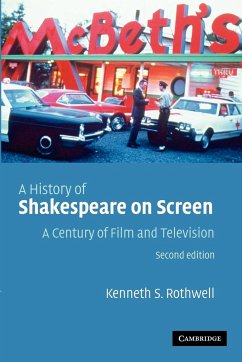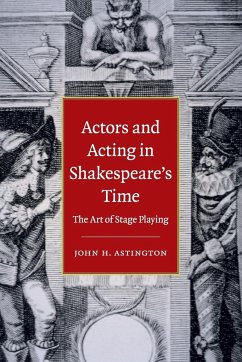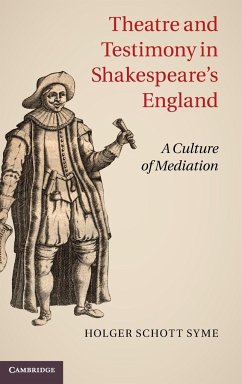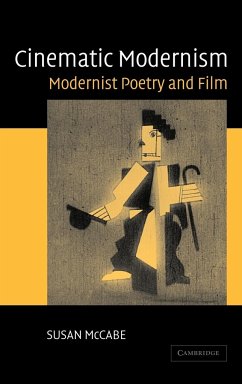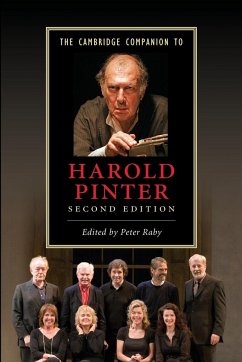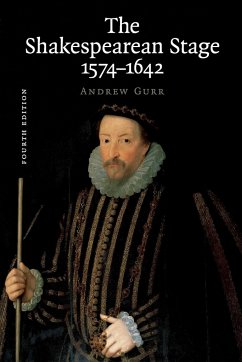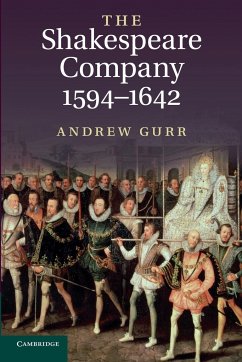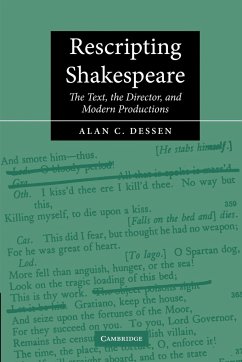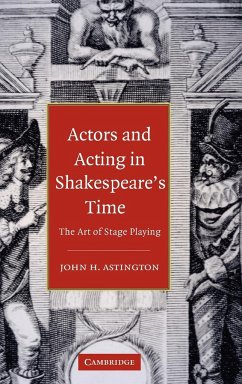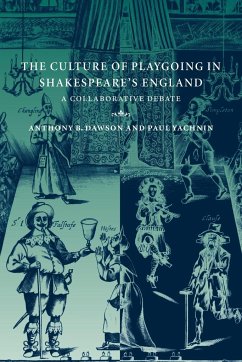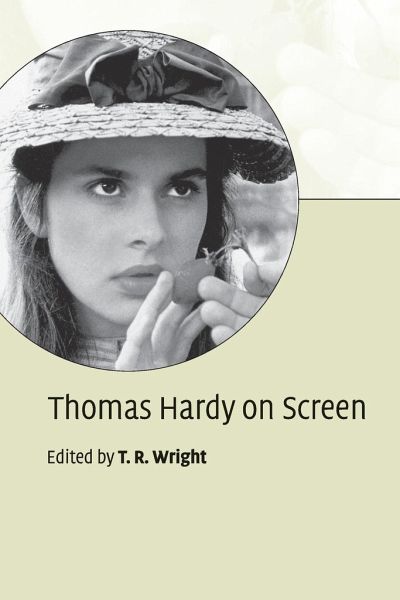
Thomas Hardy on Screen

PAYBACK Punkte
21 °P sammeln!
The novels of Thomas Hardy have often been regarded as cinematic in their scope and power, and they have inspired some of the most absorbing adaptations of fiction for the big screen. This collection of essays by prominent international Hardy scholars explores both successful and unsuccessful attempts to transfer Hardy's novels to the screen. It provides a fascinating illustrated history of the interpretation and recreation of Hardy's work, from the silent era to television. The essays highlight the challenging nature of Hardy's work, which finds its most powerful reflection in films by contro...
The novels of Thomas Hardy have often been regarded as cinematic in their scope and power, and they have inspired some of the most absorbing adaptations of fiction for the big screen. This collection of essays by prominent international Hardy scholars explores both successful and unsuccessful attempts to transfer Hardy's novels to the screen. It provides a fascinating illustrated history of the interpretation and recreation of Hardy's work, from the silent era to television. The essays highlight the challenging nature of Hardy's work, which finds its most powerful reflection in films by controversial directors such as Roman Polanski and Michael Winterbottom. Adaptations on screen have revived Hardy's reputation for new generations of readers, and have reinforced the continuing relevance of his works. This collection offers a stimulating starting-point both for the study of Hardy's novels as films, and of the ways in which cinema and television adaptations illuminate the novels.





